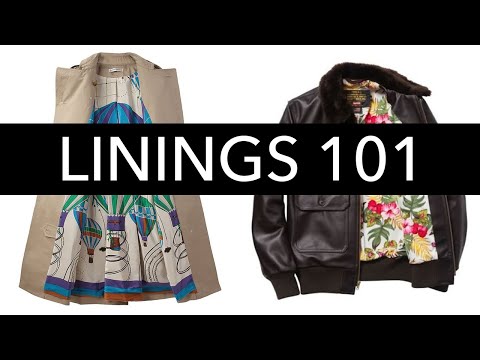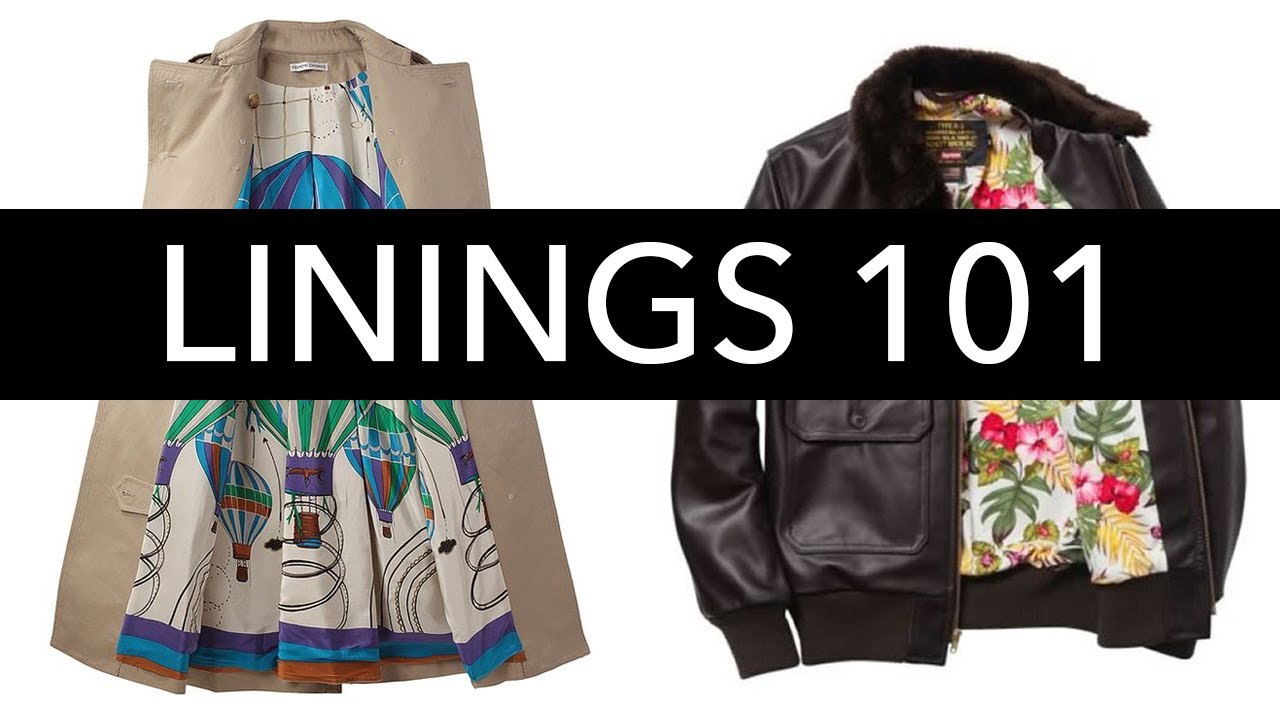The cotton fabric lining is a true game-changer when it comes to enhancing the comfort and durability of your clothing. Made from the finest quality cotton fibers, this innovative lining boasts a remarkable softness that will make you feel like you’re wrapped in a cloud. Its breathability is simply unparalleled, allowing air to circulate freely and keeping you cool and fresh all day long. But what truly sets this cotton fabric lining apart is its exceptional strength. It adds an extra layer of protection to your garments, ensuring they withstand the test of time and maintain their shape and form. Whether you’re wearing a cozy jacket, a stylish dress, or even a pair of jeans, this lining will provide an unbeatable level of comfort and support. Say goodbye to itchy and irritating fabrics, as this cotton fabric lining will caress your skin with its gentle touch. Its versatility knows no bounds, making it suitable for a wide range of applications, from everyday wear to special occasions. Experience the ultimate in luxury and functionality with this remarkable cotton fabric lining.

Understanding Cotton Fabric Lining: A Comprehensive Guide
Cotton fabric lining is a popular choice in various industries, thanks to its numerous benefits and versatility. Whether you’re a fashion enthusiast, a designer, or someone curious about textiles, this article will delve into the world of cotton fabric lining, exploring its uses, advantages, maintenance, and more.
The Uses of Cotton Fabric Lining
Cotton fabric lining serves multiple purposes across different fields, owing to its unique characteristics. In the fashion industry, it is commonly used as a protective layer in garments such as jackets, coats, and dresses. The lining not only enhances the overall appearance and comfort of the clothing but also provides insulation during chilly weather.
In addition to fashion, cotton fabric lining finds applications in home décor. It is used to line curtains, pillowcases, and upholstery, offering an extra layer of protection and durability. The breathability of cotton fabric also makes it an excellent choice for lining bedding materials, ensuring a comfortable and cozy night’s sleep.
The Advantages of Cotton Fabric Lining
Cotton fabric lining offers several advantages, making it a preferred choice for both designers and consumers alike. One of its key benefits is its breathability. Cotton allows air to circulate, preventing the build-up of moisture and keeping the body cool and comfortable.
Furthermore, cotton fabric lining is hypoallergenic, making it suitable for individuals with sensitive skin or allergies. It is less likely to cause irritation or rashes, providing a gentle and comfortable experience.
Another advantage of cotton fabric lining is its absorbency. Cotton can absorb moisture efficiently, making it ideal for use in garments that may come into contact with sweat. This absorbency also allows for easy dyeing and printing of the fabric, enabling designers to experiment with various colors and patterns.
Maintenance and Care
Maintaining cotton fabric lining is relatively simple, requiring minimal effort. It is recommended to follow the care instructions provided on the garment or textile item to ensure the longevity of the lining.
Generally, cotton fabric lining can be machine washed using a gentle cycle and mild detergent. It is advisable to wash it separately or with similar colors to avoid any potential color bleeding. It is also important to avoid using bleach, as it can weaken the fabric and cause discoloration.
When drying cotton fabric lining, it is preferable to air dry it rather than using a dryer. This helps prevent shrinkage and maintains the fabric’s integrity. Ironing may be necessary to remove any wrinkles, but it is crucial to check the garment’s care label for specific ironing instructions.
Choosing the Right Cotton Fabric Lining
Choosing the appropriate cotton fabric lining depends on various factors, including the intended use, desired thickness, and personal preferences. When selecting a lining for clothing, it is important to consider the weight and drape of the fabric, ensuring it complements the outer fabric and enhances the overall structure of the garment.
For home décor purposes, the choice of cotton fabric lining largely depends on the desired level of light penetration and privacy. Thicker linings provide better insulation and light blocking, while lighter linings allow for more natural light to enter the room.
It is also worth noting that there are different types of cotton fabric linings available, such as plain weaves, sateen weaves, and twill weaves. Each weave has its own unique characteristics, so it is advisable to explore and experiment with different options to find the most suitable one for your needs.
The Environmental Impact of Cotton Fabric Lining
Cotton fabric lining is often regarded as an environmentally friendly choice due to its biodegradable nature. Unlike synthetic alternatives, cotton fabric decomposes naturally, reducing the impact on landfills and the environment.
However, it is important to consider the cultivation and production processes of cotton fabric. Traditional cotton farming often involves the use of pesticides and insecticides, which can have detrimental effects on the environment and human health. To mitigate this, opting for organic cotton fabric lining can be a more sustainable choice.
In conclusion, cotton fabric lining is a versatile and beneficial material that serves various purposes in fashion and home décor. Its breathability, hypoallergenic properties, and absorbency make it an ideal choice for numerous applications. By understanding its uses, advantages, maintenance requirements, and environmental impact, individuals can make informed decisions when incorporating cotton fabric lining into their designs or purchasing choices.
“Lining Chronicles: Unveiling the Art of Design, Fabrics, and Construction“
List of Cotton Fabric Lining
Cotton Fabric Lining
| Property | Description |
|---|---|
| Composition | Cotton fabric lining is made from 100% cotton fibers, which are known for their natural softness and breathability. |
| Comfort | Due to its natural properties, cotton fabric lining provides exceptional comfort, making it an ideal choice for garments that come in direct contact with the skin. |
| Moisture Absorption | Cotton fabric lining has excellent moisture absorption capabilities, allowing it to wick away sweat and moisture from the body, keeping the wearer dry and comfortable. |
| Insulation | While cotton fabric lining provides great breathability, it also offers insulation to some extent. It helps regulate body temperature, keeping the wearer warm during colder weather. |
| Durability | Cotton fabric lining is known for its durability, ensuring it withstands regular wear and tear. It can withstand frequent washing and still maintain its shape and integrity. |
| Hypoallergenic | For individuals with sensitive skin or allergies, cotton fabric lining is an excellent choice as it is hypoallergenic and less likely to cause irritation. |
| Versatility | Cotton fabric lining is highly versatile and can be used in various applications, including clothing, home textiles, and accessories, due to its natural and adaptable nature. |
As an expert, I highly recommend considering cotton fabric lining for your garments or products. Its composition of 100% cotton fibers ensures exceptional comfort, while its moisture absorption properties keep the wearer dry and comfortable. Additionally, cotton fabric lining offers insulation, durability, and hypoallergenic qualities, making it an excellent choice for a wide range of applications. Its versatility allows for its use in clothing, home textiles, and accessories, ensuring it meets your specific needs.

